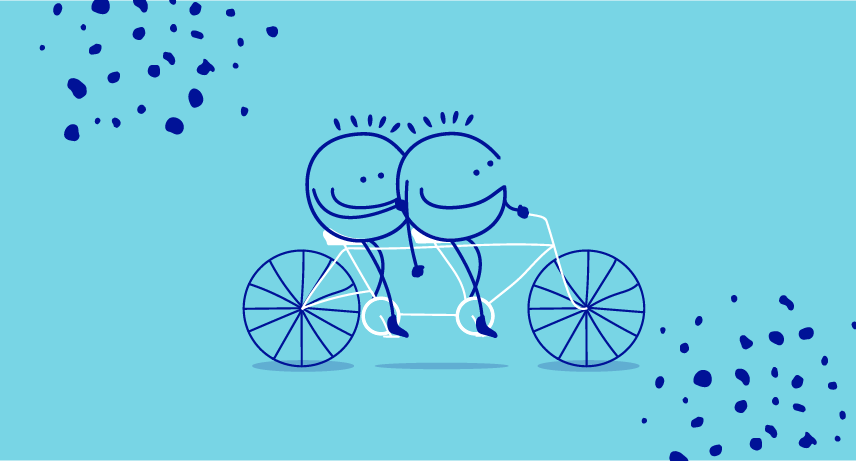
News
During 2023, Active Geelong partnered with the Barwon Health Healthy Communities team to deliver a ‘Group Model Build’ for Cobram Estate Olives. This process...
Continue readingThe 2023 Active Geelong Active Workplace Awards were presented during a gala breakfast at GMHBA Stadium on Wednesday 8th of November. The event was...
Continue readingWinter’s setting in and the great temptation for many people is to rug up, stay indoors and hunker down until spring when they should...
Continue readingYour donation impacts the Geelong region, supporting healthier communities

It’s important to be active at any age and the teenage years are no exception. From promoting healthy growth and development to improving mental health, physical activity is crucial for this age group.
The benefits for teens
Active teenagers are healthier both physically and mentally. The benefits of increasing physical activity in teenagers may include improvements in:
- Cooperation and teamwork skills
- Self-esteem and confidence
- Mental health
- Concentration
- Healthy growth and development
- Bone and muscle strength
- Cardiovascular fitness (heart and lungs)
- Coordination and movement skills
- Social skills and opportunities to make friends
- Sleep patterns
Get the amount right
The Australian Government has guidelines for optimal physical activity levels for children and teens, the two main goals are to:
- Get at least 60 minutes of moderate to vigorous activity each day and several hours of light physical activity
- Limit sedentary time – break up long periods of sitting and limit screen time
Physical activity for teens is any activity that:
- increases their heart rate
- uses their muscles and
- gets them breathing a bit heavier
Teens can choose to be physically activity at any time throughout the day, but it can be increasingly hard to motivate teens to be consistently active as the research has started to show. This means encouraging and planning for your teens to get up and move throughout the day in lots of different ways, rather than sitting for long periods of time.
Stay Motivated
Research has shown that active parents are more likely to have active children as they role model physically active and healthy behaviours. Recognising and rewarding yourself and your child for positive health behaviours will set you all up for success. Using activity trackers or apps, or even a simple tracking chart can be a great way to develop some healthy competition and maintain the motivation.
Active for all abilities
Exercise is very important to improve general physical and mental health for teenagers of all abilities and many health conditions. It’s also important to note that a lack of physical activity can lead to further deconditioning and make general moving even more difficult. Exercise physiologists have developed a series of handouts promoting physical activity for children and teens with different types of health conditions from cerebral palsy to diabetes.